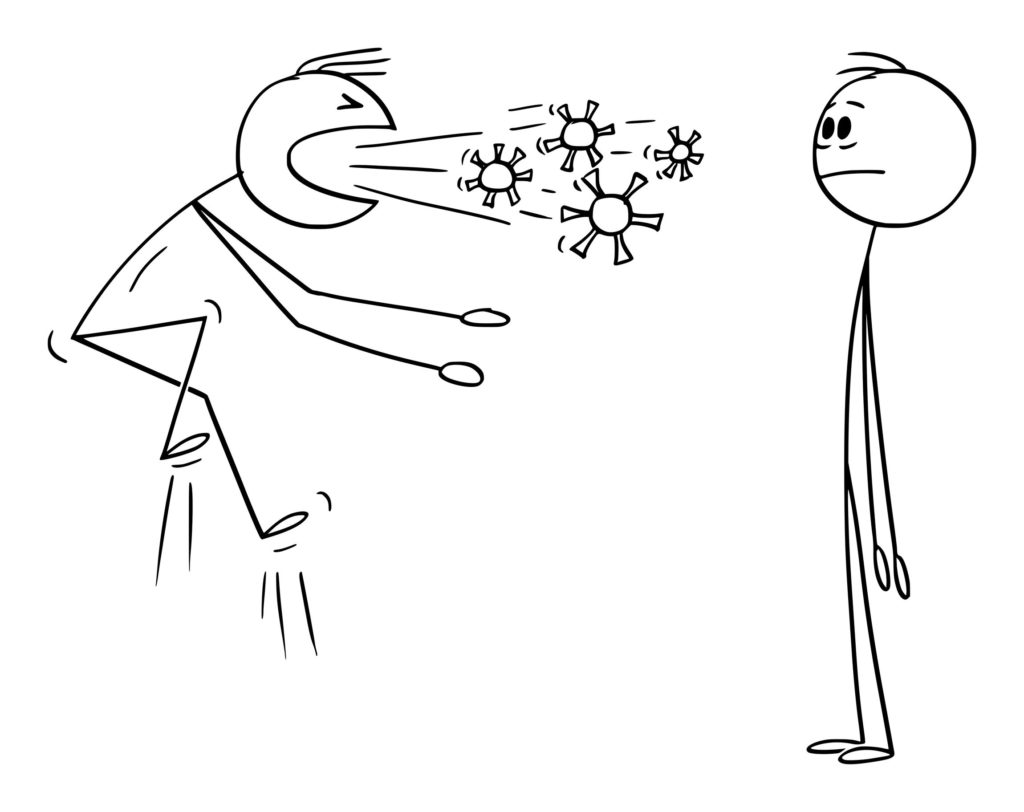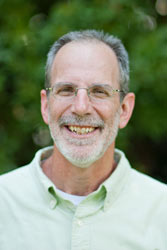people are more than biological, but not less
I’m having weird interactions. Walking down the sidewalk, I meet a stranger coming toward me. We eye each other. I used to look for signs of a warm disposition, but now I’m looking for signs of fever. I used to check out their running shoes, now I am screening for a running nose.
I feel guilty for my suspicion. I’m not uneasy about their character, but rather their creatureliness. It’s their biological-ness that worries me. I know they can’t help it, but they’re a walking petrie dish, a warm fleshy harbor for all sorts of scary microbes. An infectious smile used to reassure me, but no more. The mere fact of embodiment makes me uneasy.
As we draw near, I swerve over to the grass, mentally measuring out six feet.
“How are you today?” The question used to be standard dialogue, but now it’s a diagnostic standard.

Yes, this virus has got me thinking a whole lot more about my body (and yours). I find myself surrounded by bodies. Yikes, I’m surrounded by my own body! I can’t escape embodiment. But all this concern about my body—the hand-washing, the vigilance about what I touch, and the social distancing—makes me realize how much I try to pretend regarding my creatureliness.
But I know why I pretend so much.
Being biological is so limiting. For example, you can only be at one place at a time, then there’s aging and now this globally-exposed vulnerability to a microscopic parasite. So I don’t like to think about my limits. I like to think of myself in less vulnerable terms and in more transcendent terms. For example, I can contemplate the universe, I can create beauty, I long for eternity. So I truthfully assert: “I am more than biological!” But alas, I am not less. This present crisis has pulled me back to the ground. I have remembered my frame: I am but dust.
Yes, biologicalness is limiting. The major limit, of course, is death, that hard stop at the end. So, I tend to downplay the limits of my embodiment and live instead in fantasy. I zoom about in a virtual web, buy unlimited data, and spend electronic money. I try to transcend biological life using my own devices (think idols). I try to avoid my vulnerability.
But then, along comes the Coronavirus and the whole world stops. And I remember, I am more than biological, but I am not less. But maybe I am looking at it all wrong? Instead of my embodiment being something to fight and deny, perhaps it is something to gratefully embrace. This is, after all how God made me. I am a hybrid creature of both body and spirit. Ironically, He endowed me with this biological/spiritual life in the same way I catch a virus. He breathed it into my nostrils and I became a living being. Biological yes, but with eternity embedded into a transcendent soul. What a strange creature I am! Fearfully and wonderfully made. Lower than angels, but crowned.
This moment, this pandemic, and the whole world stops and collectively remembers our frame. It is a terrible moment, full of danger and death. But also a redemptive moment, pregnant with our need for God. That need, the need for God to renew our biological life (think resurrection) in order to bear our transcendent soul. Ironic, to be reminded of our need for resurrection at Easter.
This pandemic exposes our vulnerability. It reveals our fear of death and our need for God. We are suddenly threatened by something so small that we can’t see, but we are saved by Someone too large to see, yet who made Himself small enough to enter the world in the form of all things: a body. Outside Him, creatureliness is death. But in Him, creatureliness rises up to bear the image of God.
It was never intended that humans be less than creatures; it was always intended that we be more. We are indeed creatures, but with crowns.

Roger Edwards joined The Barnabas Center in 1991. He works with both individuals and couples, helping people confess their need and embrace their available choices to lead healthier lives. Roger also teaches and leads discussion groups and retreats applying the Gospel to everyday life. He is a licensed clinical mental health counselor (LCMHC), holds a master’s degree in biblical counseling from Grace Theological Seminary in Indiana and a bachelor’s degree in engineering from the University of North Carolina at Charlotte. He is married to Jean; they have seven children and nine grandchildren.






